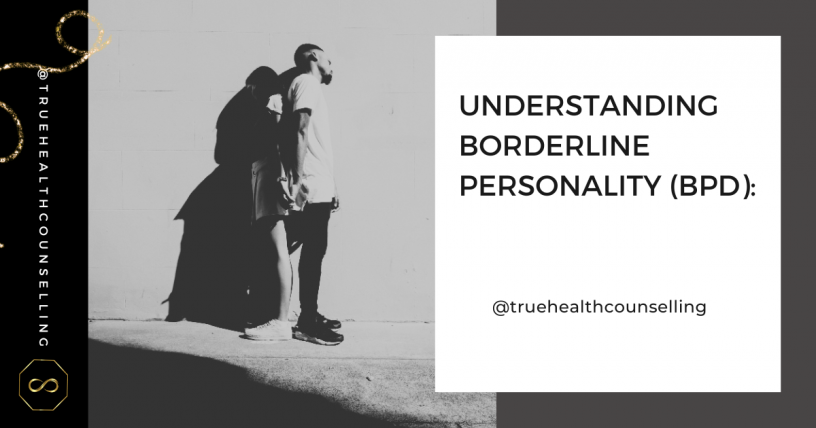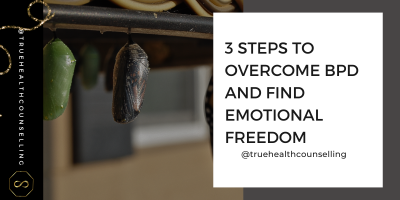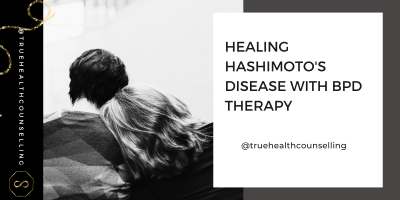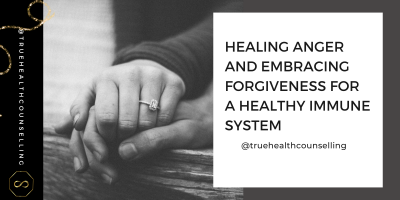
Borderline Personality Disorder (BPD) is a complex and challenging condition that stems from childhood experiences of emotional neglect and abuse. It can lead to a dysregulated emotional pattern in an individual’s personality, impacting their relationships and overall well-being.
Let’s take a closer look at BPD through the story of a woman in her 30s, who is divorced with a child and struggles with social anxiety. This woman finds herself easily triggered by the actions of others, leading to outbursts of anger. Rather than taking responsibility for her actions, she constantly blames others and harbours resentment towards her parents and her ex-partner.
The Root Cause: Childhood Experiences
The foundation of BPD lies in the emotional neglect and abuse experienced during childhood. For individuals like the woman in our case study, growing up in an environment lacking emotional support and understanding can leave them uncertain of their identity and constantly fearing punishment. Doubting oneself and feeling that everything they do is wrong become common patterns.
Seeking Help: The Path to Healing
Recognizing the impact of childhood experiences on one’s emotional patterns is the first step toward healing from BPD. Seeking professional help and support is vital in addressing the root cause of behavioural challenges.
As a therapist who has personally experienced BPD and worked with clients facing similar personality traits, I understand the complexities of the healing process. To heal from BPD, it is crucial to embrace your emotions, process pain and anger, and find a safe space to express yourself unapologetically. Developing healthy boundaries and learning to process emotional triggers can lead to increased self-awareness and self-compassion.
The Mind-Body Connection: Healing the Whole Person
BPD not only affects emotional well-being but can also impact physical health. For instance, in the case study, the woman’s past history of abuse is connected to her Hashimoto’s thyroiditis, an autoimmune disorder. This highlights the importance of addressing past trauma as a crucial step towards overall healing, encompassing both emotional and physical aspects.
Specialized Support on Your Healing Journey
If you or someone you know is struggling with BPD or has experienced narcissistic abuse and codependency, seeking specialized support from a therapist who understands the challenges and complexities of BPD can be transformative. Finding your voice, building healthy boundaries, and processing emotional triggers can pave the way toward healing and personal growth.
In conclusion, Borderline Personality Disorder arises from childhood experiences of emotional neglect and abuse, leading to dysregulated emotional patterns and lack of sense of self and the intense fear of being abandoned. Recognizing the root cause and seeking professional support is key to healing. By embracing emotions, releasing attachment, processing pain, developing healthy boundaries and owning one’s voice, individuals can embark on a journey of self-awareness and compassion. Remember, healing is not just about BPD; it’s about nurturing the whole person, including physical health, and moving towards a brighter future.




